So, what’s been happening since 1922?
Well, in 1922, the NUS was founded. ITS INITIAL AMBITION WAS
“To represent past and present students from a national and international point of view.”
First NUS President, Ivison McAdam 1922-23

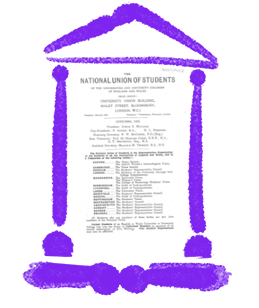
It found its footing fast. Specifically, in order:
- NUS founded on February 10th – 11th at the University of London Club in Gower Street. Ivison S. Macadam elected as first president
- 11th February. 1st meeting of NUS Executive Committee in London
- 31st March – 2nd April, the second meeting of the NUS Executive in London
- 18th – 19th May. The third meeting of the NUS Executive at Nottingham
- 28th – 30th September, the fourth meeting of the NUS Executive NUS Executive
- 22nd – 25th November. Second Annual Council of NUS. London. A. Gordon Bagnall elected President
- 24th – 25th November. Fifth meeting of the NUS Executive in London
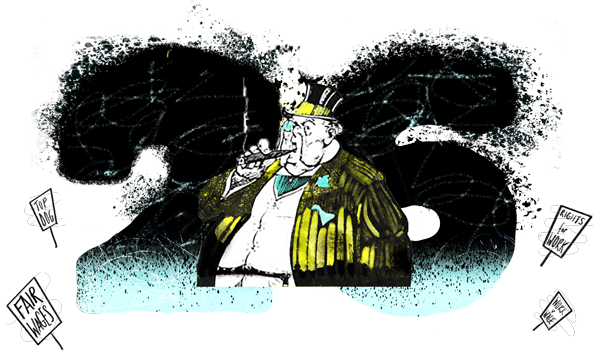
THE GENERAL STRIKE, 4–12 MAY, PROTESTING FOR MINER’S RIGHTS TAKE PLACE
Students get involved in ‘strike breaking’ during the miner’s strike. Some from established Socialist societies support the workers.

1927
NUS holds first meeting with the AUT,
it was to become an annual event.
1933
International conflict
sparks division.
- CIE Congress at Vienna fails to condemn Fascist groups, NUS withdraws
- NUS promotes debate about whether students would fight for “King and Country” following on from celebrated debate at the Oxford Union in which the house decided they would not do so.


1934
NUS publishes its first research document on Student Health.
1937
Colleges of Education and Further Education College student unions permitted to join NUS.
1939
NUS participate in a “Parliament of Youth” and calls for a form of comprehensive education.

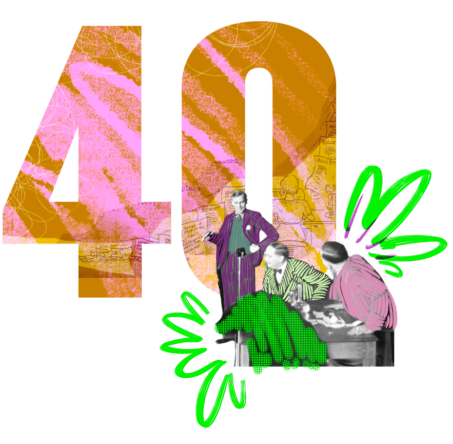
Student Congress at Leeds established a “Student Charter” which listed “rights and responsibilities” on the part of the student. The same meeting also condemned imperialism, private wealth and the war.
NUS Trustees try to close NUS down – they fail.
In July 1940 NUS elects its’ first woman president – Mary Corsellis. She loses a “re-election” the following October and does not take up office.
NUS publish “Defend the Universities” which argued that students should be allowed to complete their studies before “call up”.
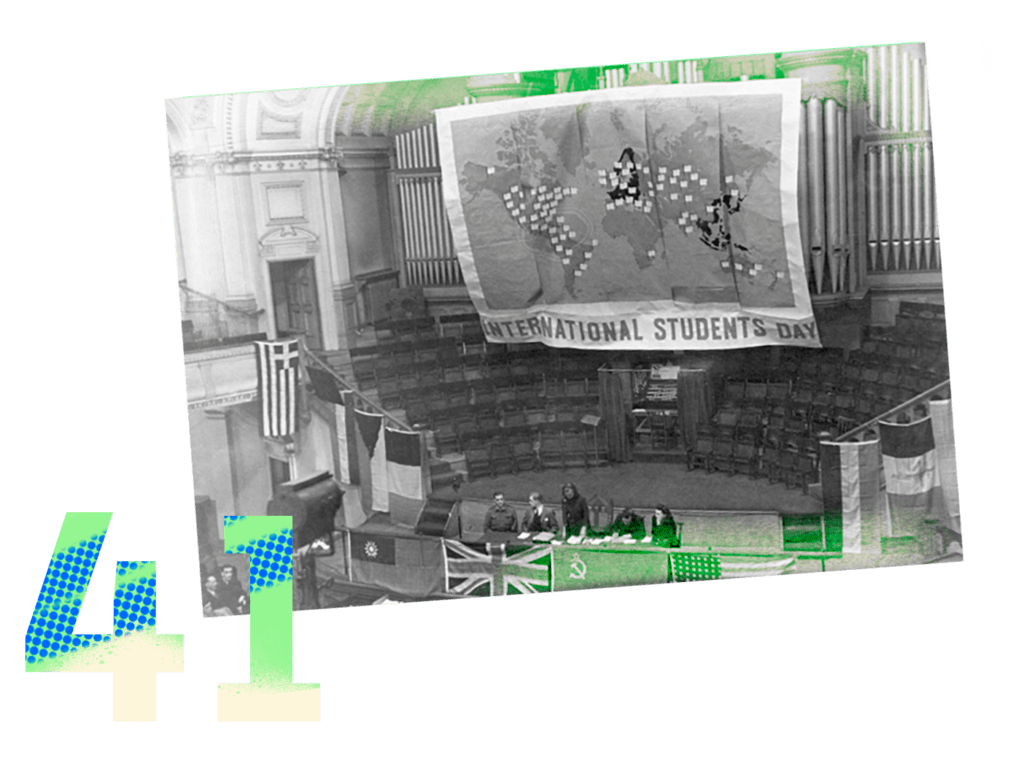
1941
November 17th agreed as
International Students Day .
Talks begin in London on the potential for forming a new international student organisation. November 17th agreed as International Students Day – after the day the Nazis closed down the Universities in Czechoslovakia.
NUS organise educational and relief work during the Blitz.
International Students Day image:
Memory of Nations, Google Arts & Culture Exhibit Student Revolts
https://artsandculture.google.com/story/student-revolts

1942
At NUS Congress 1,500 students from all over the country pledged to build a better world.
1943
NUS calls for discussions on the reform of universities, the diversification of teaching methods, staff – student committees’ lecturer training, more use of audio visual aids and student grants. Former NUS President, Brian Simon (1939 – 1940) publishes a book “A Students view of the Universities” – which outlines many core NUS policies.
1944
Butler Education Act includes an obligation for local authorities to provide an education service for the community. Public Sector Education is born.
1945
NUS holds a joint meeting with the Association of University Teachers on the future of University education
1946
International Union of Students formed in Prague. The Barlow Committee proposes a ten-year expansion of Higher Education. Colleges in Northern Ireland accepted into NUS Membership.
1947
‘Student Charter’ was published which called for a student grant to cover 52 weeks of the year, allowances for student dependents and more assistance for colleges of further education.
1949
Stanley Jenkins elected as NUS President – as a student at Cardiff Technical College he is the first “non-university” student to be elected NUS President NUS President position becomes sabbatical for the first time.
1950
NUS organises a lobby of Parliament to argue against education cuts. Fifteen page memoranda sent to the Minister.

1952
Sheila Davis, the President of Bangor Normal Training College, was expelled for making her criticisms of the colleges disciplinary code public.
NUS took up her case and initiated a letter-writing campaign to MPs. The issue was the subject of adjournment debate in the House of Commons, and this led to a statement from the Minister for Education that the college had been wrong to take the action it did. It was a significant victory for NUS, which had taken up the case of an individual student and won.
1955
NUS finally withdraw from IUS.
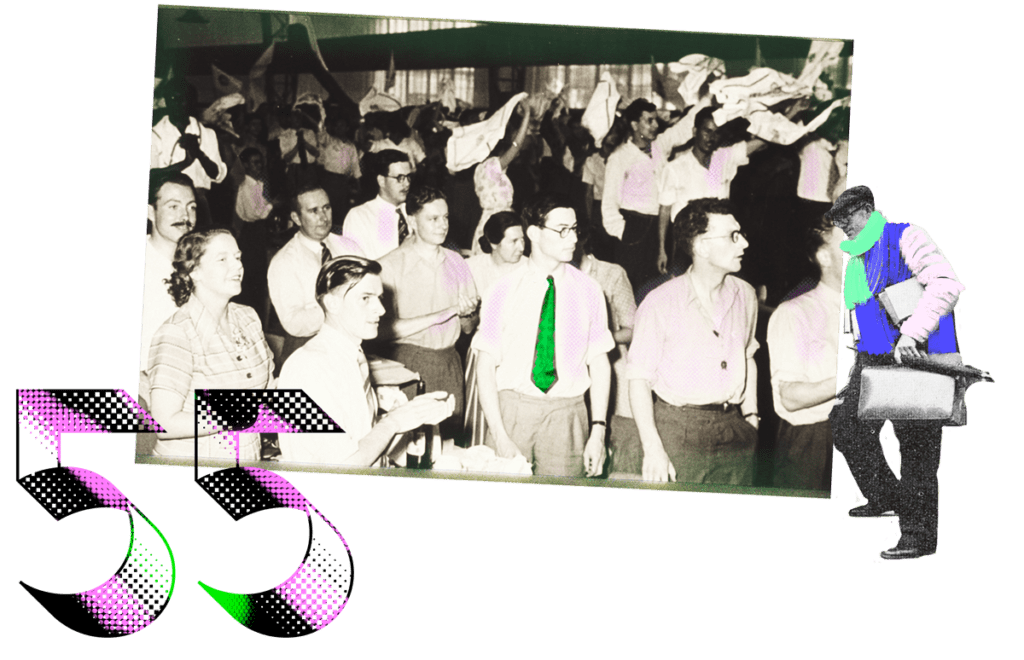
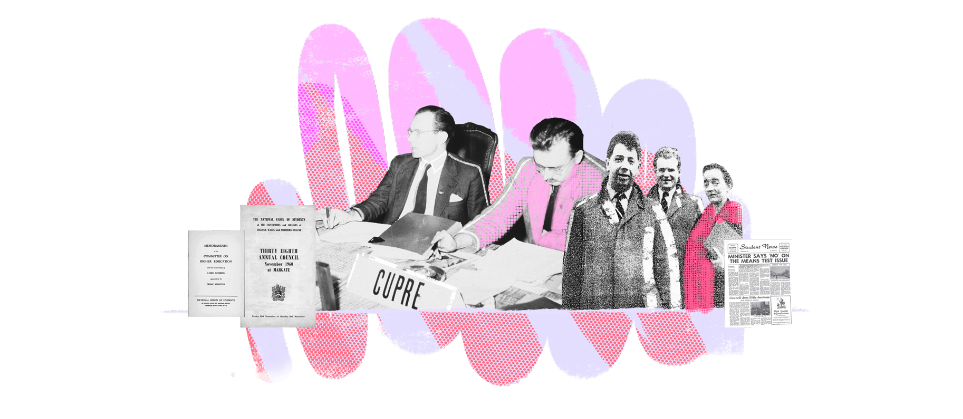
1956
Industry demands for workers who educated to a higher level than those in technical colleges leads to the designation of some colleges as Colleges of Advanced Technology (CATS).
NUS publish the Learning Excellence Awards survey – an annual publication that becomes a standard work of reference for Ministers, Civil Servants and students alike.
NUS sets up support for exiled Hungarian students after the Soviet invasion – students at Cardiff march through the City in protest at the invasion.
1958
In February, Leicester University students hold a boycott of their refectory in protest at the lack of consultation over prices.
1960
Cardiff university SU votes to boycott South African goods in protest against apartheid.
1961
NUS holds a series of consultative meetings with student representatives and produces a submission for the Robbins Committee.
1962
Latey report recommends that age of majority be reduced to 18. This strengthens the argument for greater student representation and consultation. Students are now legally adults and old ideas of ‘in loco parentis’ have to be re- examined
1963
NUS conference debates the issue of the lack of adequate student representation.
Robbins report is published – recommends that access to Higher Education should be made available to all who are qualified to do so.
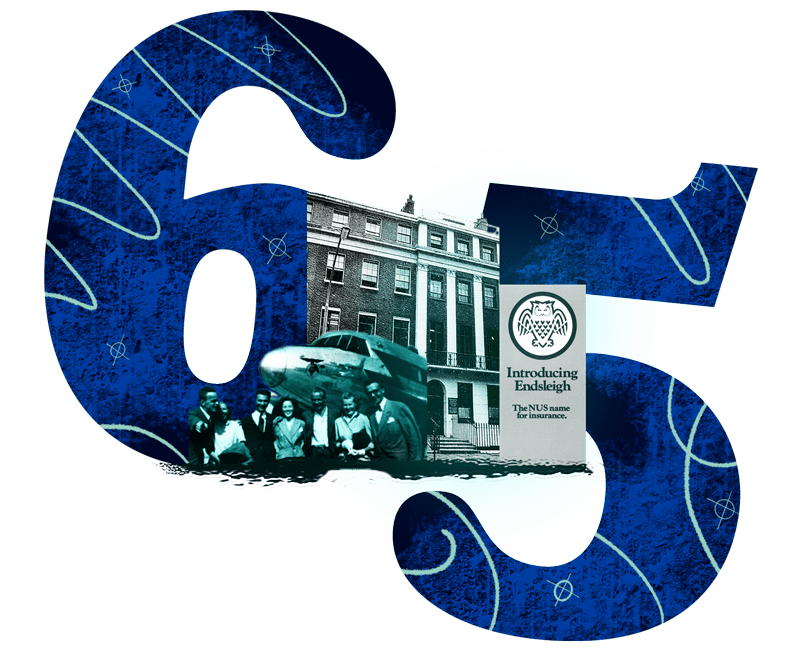
1965
Endsleigh Insurance was founded by NUS on Friday 13th August.
Starting off in the basement of NUS HQ. Ensleigh is the first insurance company in the UK to have focused specially on students.
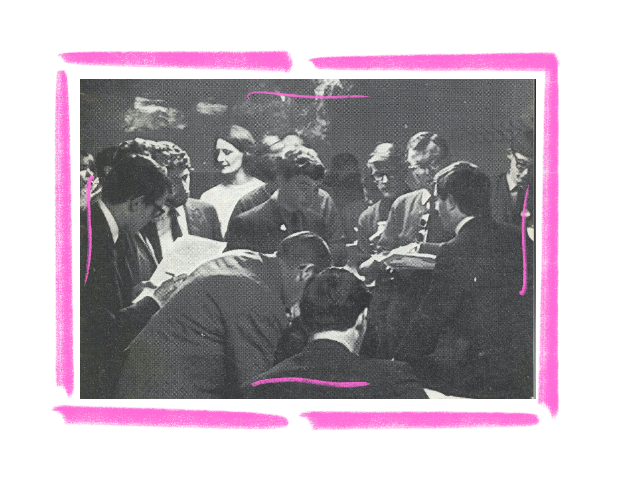
NUS petition the Privy Council to include a Student Union in the Charter of the University of Surrey, which was being established at the time. Government refuses main demands but concedes that all new Charters should include:
- Joint committees with Senates and Councils
- The right to be heard before being suspended
- Provision for the existence of student organisations
1966
Dr Martin Luther King addresses an NUS meeting.
Government White Paper establishes Polytechnics – Binary divide created.
NUS survey reveals that only Bristol, Birmingham and Liverpool Universities have student representation on Council or Court. Only Belfast has student representatives on Senate.

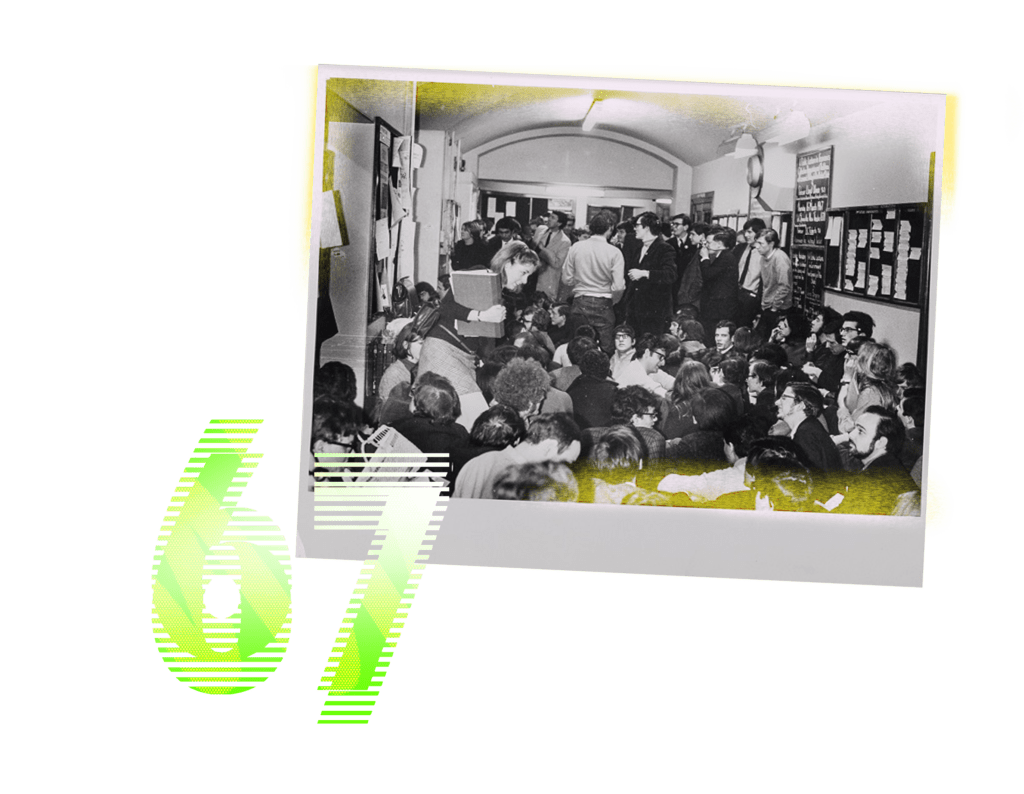
1967
- 1st occupation of LSE over issues around the appointment of Walter Adams (formerly from the University of Salisbury, Rhodesia) as Director.
- Overseas student fees increased by 27% – two demonstrations held without NUS backing.
- Colleges of Arts and technology designated as Universities.
- 4,000 students attend a Radical Students Alliance demonstration in London against the increase in overseas student fees – A small NUS lobby of Parliament is held at the same time
1968
Student action is on the rise.
Occupations at Hornsey and Guilford schools of art.
NUS Executive sign agreements with the CVCP and CLEA on student representation in an attempt to dampen the mood of direct action and to secure a greater level of representation. NUS members not happy with the agreement, which;
Recognised the principle that students could be represented, but did not accept that they could be mandated.
Students required to leave during “Reserved Business”.
NUS launches a grants campaign following government’s decision to cut grant increases – it decides ion the campaign after NUS President Geoff Martin has asked students to accept the cuts unconditionally. 2000 students attend an NUS rally on 3 March and 1000 attend a lobby of Parliament.
Revolutionary Student Socialist Federation founded on 14 June
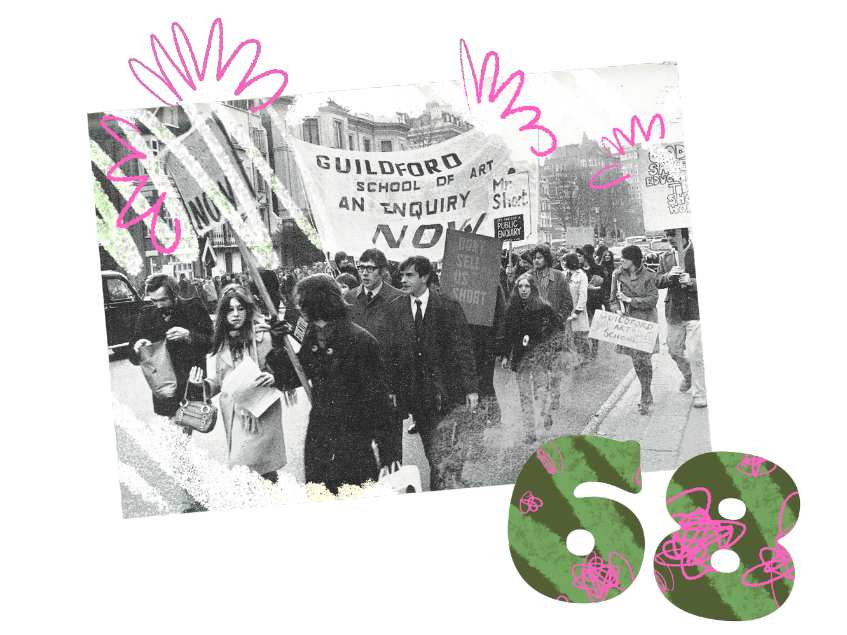

1969
Jack Straw elected President of NUS with left wing backing. The “no politics” clause that forbade political discussions at NUS Conference is removed.

1970
Margaret Thatcher, Education Secretary, announces legislation that seeks to restrict autonomy in student unions and the activities of NUS. DES Circular 7/70 recognises the right of student unions to exist in the PSHE and FE Sectors – although similar qualifications to the CVCP deal also apply.
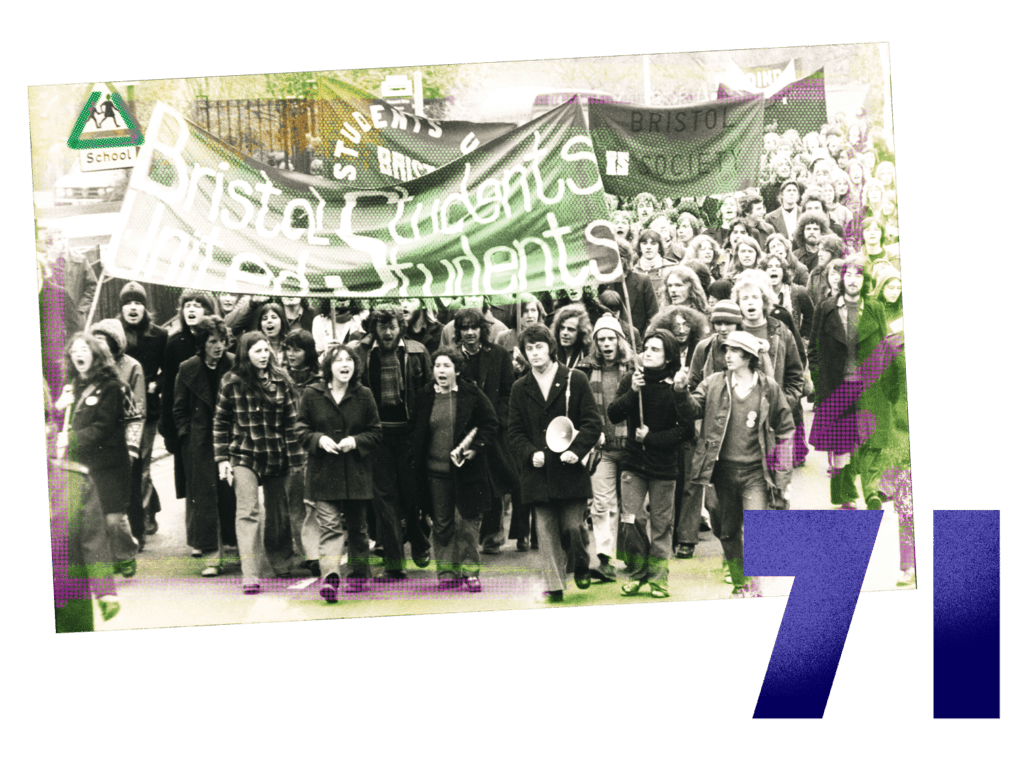
1971
NUS Day of Action on autonomy 400,000 students are involved in protest of some kind – 50,000 attend a demonstration in London against Government proposals to limit student union finances and activity.
- NUS Conference rescinds the CVCP agreement on representation
- Scottish Union of Students is wound up and most Scottish Colleges join NUS – which is renamed NUSUK. NUS Scotland is established.
1972
Bilateral agreement signed between NUS and Union of Students in Ireland concerning the dual membership of students’ unions in the Northern Ireland. NUS-USI is established.
After a mass campaign the Conservative Government drop their first attempt to “reform” student unions.
NUS produces report “Women in Society” containing a 12 point plan aimed at improving their position.
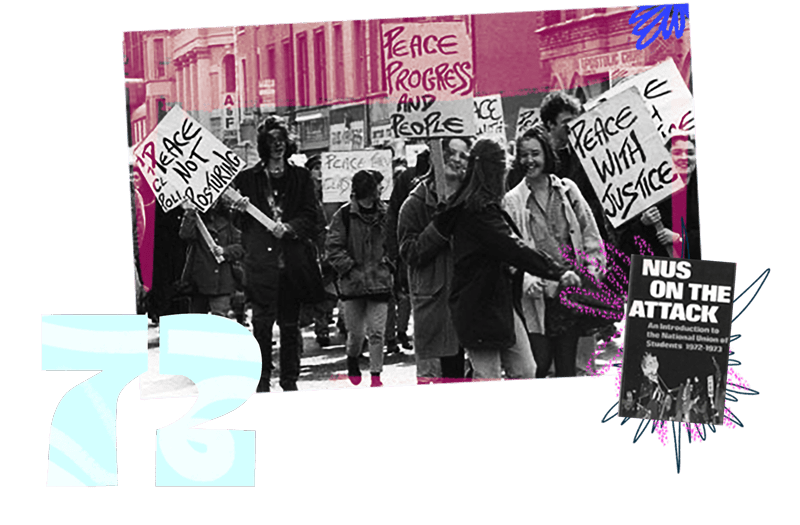

1973
First mass national grants demonstration – linked to rent strikes across the country. NUS Wales established.
1975
NUS became the first UK-wide organisation to officially recognise Welsh.

1977
Sue Slipman becomes first woman to take office of President.
NUS Conference rescinds the CVCP agreement on representation She had previously been the National Secretary and therefore the first female sabbatical.
1978
Trevor Phillips elected first Black leader of NUS.
Public Accounts Committee calls for a change in the way that Student Unions are financed. Proposals taken up by the new Conservative Government in 1979.

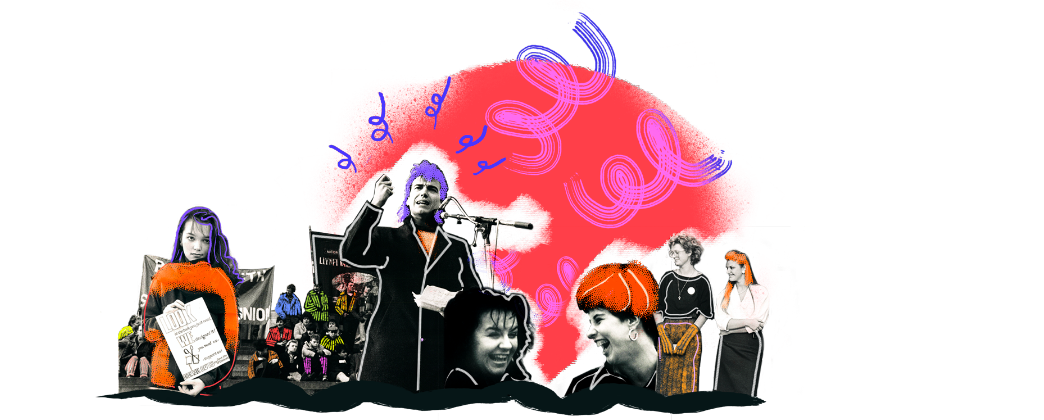
1980
Formation of the Western European Students Information Bureau. This signifies a cooling of relations with the IUS, which had recovered somewhat in the 1970’s.
Student Union Financing changed – SU fee incorporated into tuition fee, Student Unions negotiate for block grants. Intervention by NUS ensures that 19m goes into student unions rather than the proposed 16.2m.
1981
NUS accepts YTS trainees into membership.
1983
Attorney General publishes “Guidelines” on Ultra Vires. Conservative Government and students actively trying to undermine student unions.
Keith Joseph’s attempt to introduce Tuition Fees.
1984
New Deal Campaign launched in conjunction with the British Youth Council. The campaign seeks to improve student and youth rights in work and education.
1985
Jarrat Committee produces a report on efficiency in Universities. Whilst the report does not refer to students – it does recommend a reduction in the size of most university committees – student reps are in the firing line.
1986
Education (Number 2) Act and Statutory Instrument 1160 reduces student representation rights in the Public Sector and formally defines “Reserved Business”. Act also places responsibility onto Universities and Colleges to ensure that invited speakers are given a platform. March. First National Student Services Organisation (NSSO) conference held at Liverpool.
1987
In 1987, NUS’ ‘Boerclaybank’ campaign lobbied Barclays Bank to withdraw from South Africa.
Resulting in a significant step towards the ending of apartheid.


1988
Education Reform Act – took control of the Polytechnics away from Local Education Authority control, bringing their funding arrangements under the Polytechnics and Colleges Funding Council (PCFC). Universities funded by a revamped UGC. Commercial representatives given precedence on the new Councils. The Act reduced student representation on Governing Bodies in the Public Sector to one only.
1992
Further and Higher Education Act seeks to expand student numbers. The White Paper “Higher Education – A New Framework” proposes the abolition of the Binary Divide. Polytechnics now permitted to call themselves Universities. The Act removed the statutory right of students to sit upon Governing Bodies in the former Public Sector institutions. Kenneth Clarke went so far as to suggest that Governors should pick the student – which would have removed any kind of representative. NUS campaign leads to an amendment to the Act stating that up to two representatives can be nominated by students at the institution. The same legislation was proposed in a separate Act that was proposed in Scotland – but following consultation existing rights were retained for students Colleges of Education and Central Institutions.
1994
Education Act Bill seeks to restrict student union funding to “core” activities and to cut off funds to NUS. Lobbying campaign results in the final Act being less damaging. Students now able to opt out of their student union if they so wish.
1999
A wide-ranging debate on NUS reform was launched at Annual Conference in March 1999. This was seen as an opportunity to look at modernising the student movement as a whole.
2002
NUS negotiated a third-party deposit scheme for student housing in England and the Scotland, in partnership with Shelter and Citizens Advice Bureau.
2003
In 2003, NUS Scotland worked with the Scottish tertiary education sector bodies, to form the world-leading national development agency for student engagement, sparqs (Student Participation in Quality Scotland). Sparqs works with colleges, universities, students’ associations and sector bodies to empower students to engage through partnership with their institution, and participate in shaping and enhancing their own education.
2006
Student discount card, NUS Extra was developed.
2007
HSBC bank decided to end interest-free overdrafts for graduates. In 24 hours, NUS led thousands of students in showing their opposition through Facebook. HSBC back down, a settlement was agreed and graduates were saved over £20 million. The campaign won NUS a Third Sector Excellence Award and led to an effective partnership with HSBC to conduct a survey on the student experience. (August). ‘Funding our future’ campaign launched with a series of nationwide student union debates held.
2008
NUS lobbying led to an increase in the number of students entitled to a non-repayable maintenance grant.
2010
General election campaign, called on candidates to ‘Vote for Students’ pledging to not increase tuition fees.
- The campaign made it a doorstep issue. 1,526 prospective candidates signed the pledge including all Liberal Democrats and Scottish Nationalist candidates. Unfortunately, almost all Lib Dems reneged on their pledge after entering into coalition government with the Conservatives and the government voted to set a new cap of £9,000 a year for fees.
- Chancellor of the Exchequer announced the abolition of the Education Maintenance Grant without consultation. NUS worked with several Trade Unions to run the ‘Save EMA’ campaign. It did not succeed in reversing the decision but did secure increased budget for the proposed discretionary bursary fund that replaced it, raising it from £75 million to £180 million.


2013
NUS secured £5m from HEFCE for sustainability projects across England. NUS turned government cuts to National Scholarship Programme into over £50m more into students’ pockets, supporting students’ unions to take advantage of a little known rule change to turn pointless fee waivers into cash bursaries.

2014
Following an NUS complaint, the Office for Fair Trading rules that universities cannot use academic sanctions to recover non-academic debt.
Taught postgraduate loans introduced for people aged 30 and under thanks to NUS work with a coalition of partners.

2015
Universities UK established a Lad Culture/harassment taskforce at request of government, following NUS campaign work. NUS got the taught postgraduate loan cap removed with the #capsoff campaign, so those aged over 30 can now access postgraduate loans. Competitions and Markets Authority published guidance on students and consumer law following NUS pressure.
2016
Court finds 48,000 international students were wrongly deported by the Home Office using a flawed English language test, based on expert legal opinion NUS provided.
NUS campaigned with FOSIS, Al-Qalam and 1st Ethical for government to introduce a Sharia-compliant loan system, and they have now announced progress on its introduction.
We organised between SUs, universities and the higher education sector to highlight the importance and current excellence of students’ unions, leading to initial plans to overhaul students’ unions being rolled back.

2017
Theresa May announced that tuition fees would be frozen at £9,250 for three years, final confirmation that NUS’ NSS Boycott had broken the link between the TEF and tuition fees. (September).
2018
The Office for Students (OfS) is established as the HE Regulator in England. Through organising 80 students’ unions to respond to the reforms, NUS wins a guaranteed student place on the OfS’ Board and saves and strengthens requirements on universities to engage with their students. (February).

2019
January
16-17-year-old ‘saver’ railcard announced after years of campaigns on reducing the cost of travel for FE students – lots more to do but a step in the right direction.
February
Long-standing campaign to scrap tenancy fees in England is won when the Tenants Fees Act 2019 passes into law.
The Government is forced to agree to a full review of the Prevent agenda, which was launched in summer 2019 and will conclude in 2020.
March
NUS works with partners to ensure the EHRC guidance on free speech reflects the correct position of SUs and how the law applies to them.
Along with campaign partners, NUS secured change in law that requires new rental tenancies in England to comply with a “fit for human habitation” law that improves standards – a response to the issues highlighted in our Homes Fit For Study report and other work.
April
Government announces plans to scrap ‘no-fault’ evictions in the private rented sector.
May
The long-awaited report of the Augar Review is published. NUS and SU influence clear in recommendations including restoration of maintenance grants, increased funding in FE, increased funding for disadvantaged students, action on housing costs, and protections for apprentices where providers go bust.
June – August
The National Audit Office report into the TOEIC English-language test scandal that affected many international students is heavily critical of the Home Office, with NUS supported expert testimony and legal work playing a key role in bringing the injustices to light. A later Public Accounts Committee report reaffirms the criticisms, again citing NUS heavily.
Closing the Gap: BAME student attainment Report
Sexual Violence in FE Report
September
The Government announces it will reinstate two-year post-study work visas across the UK, after years of campaigning by NUS and SUs (Sept)
November
NUS secures a range of reforms to the UNIPOL non-educational establishment accommodation code that means disabled students will always have access to the most affordable bed spaces in PBSA. (Nov)
Students whose private sector PBSA is ‘late’ for the start of term will receive mandatory financial compensation and a range of other new protections. Both these changes will come into force in late 2020/early 2021.
Affordability in Education Report.
December
The newly-elected Government announces new non-means-tested bursaries for healthcare students of £5,000 (and up to £8,000 for some students) as a result of heavy campaigning by NUS and healthcare unions.

2020
January
The Budget includes £4bn of extra funding for FE; NUS has long been part of the campaign work to improve funding in FE.
June
NUS works with SLC to ensure third term student loan payments are made as normal including students have moved to the parental home as a result of Coronavirus.
Following lobbying from NUS and partners, the Home Office ensures extensions to visas for international students affected by Coronavirus.
Government enables universities to use WP funding to boost hardship funds in England in recognition of the challenges students are facing
July – August
After several years of work by NUS, the Mayor of London’s “London Plan” comes into force with new regulations on PBSA mandating that all private sector PBSA must have a formal nominations agreement with a university and at least 35% of all bed spaces must be affordable – as defined by NUS.
Campaigning led by NUS secures £563 million in rent refunds and waivers for students who left their PBSA early due to coronavirus – and Scotland achieves legislative change allowing all students to give notice to leave their tenancies early.
September
The Government announces it will extend the new post-study work visas which NUS and others have been campaigning on to three years for doctorate students.
‘A’ Level Results U-turn
2021
£800m back into students’ pockets via rent wins, and new student support funds. NEW student mental health strategies in Wales and NI.
NEW legal protections & regs for students:
- U-turn on ALevel and BTEC grades
- No Detriment policies across HEIs
- PBSA regs in London
- Student renters legislation in Scotland
- Post-study work visas extended
- ‘Supporting Students’ at NI Assembly


